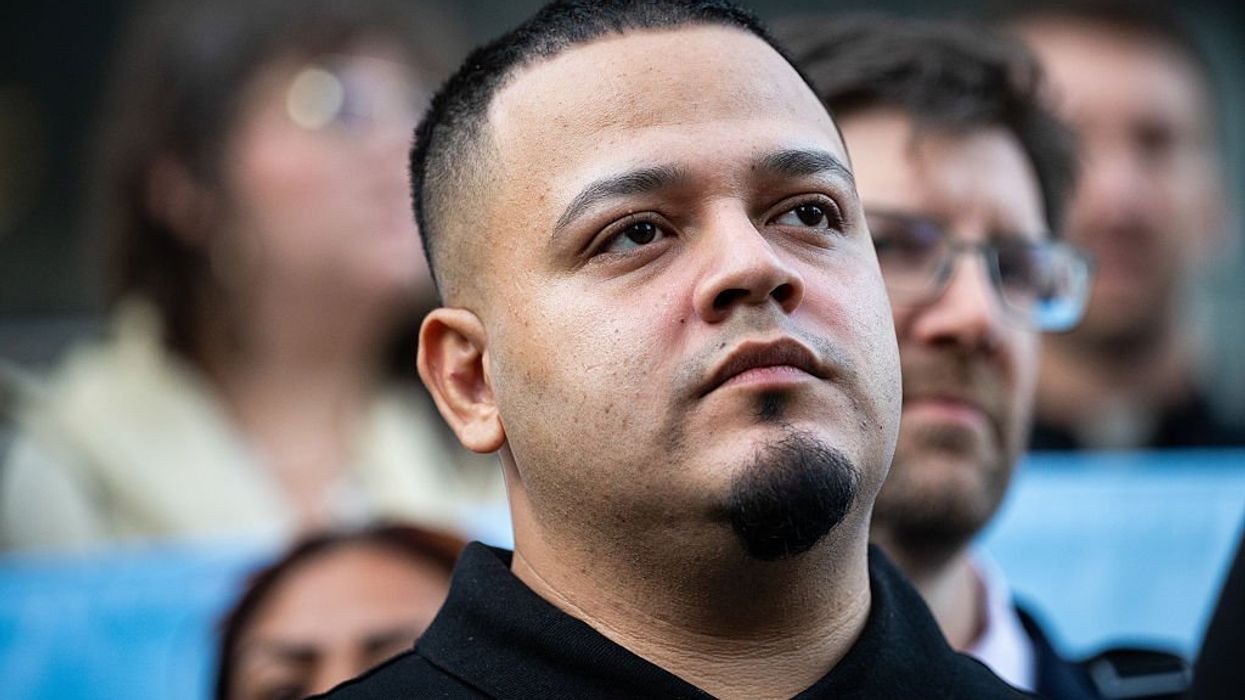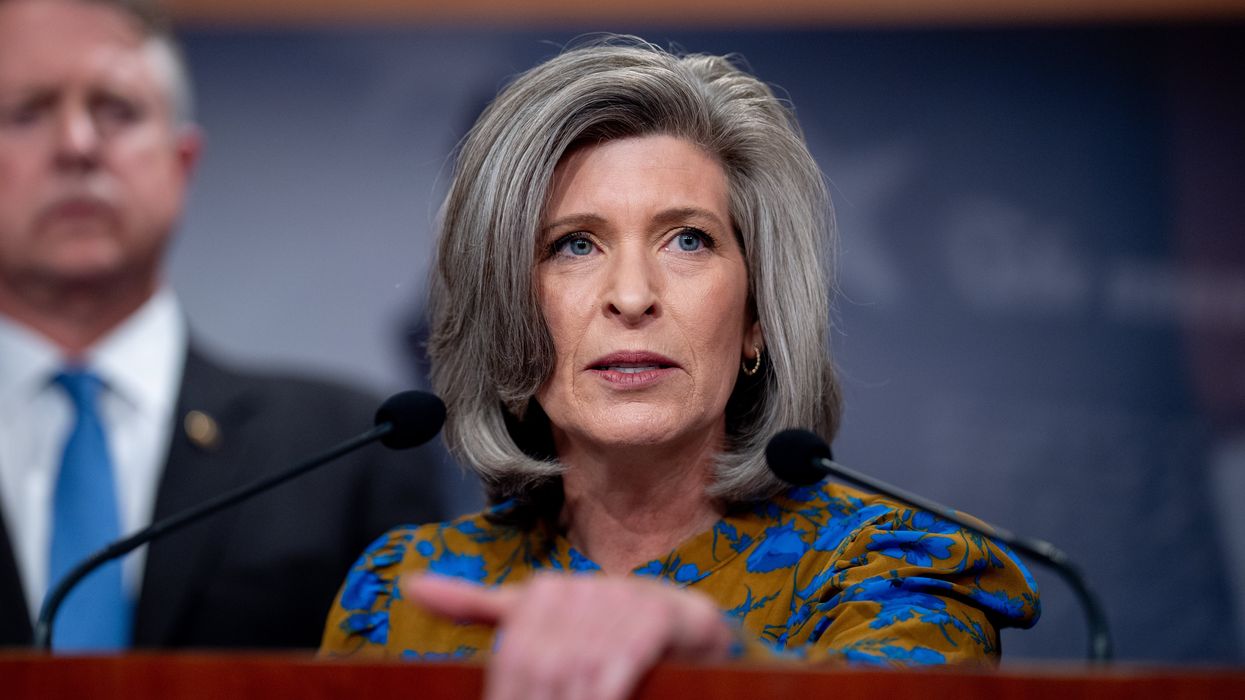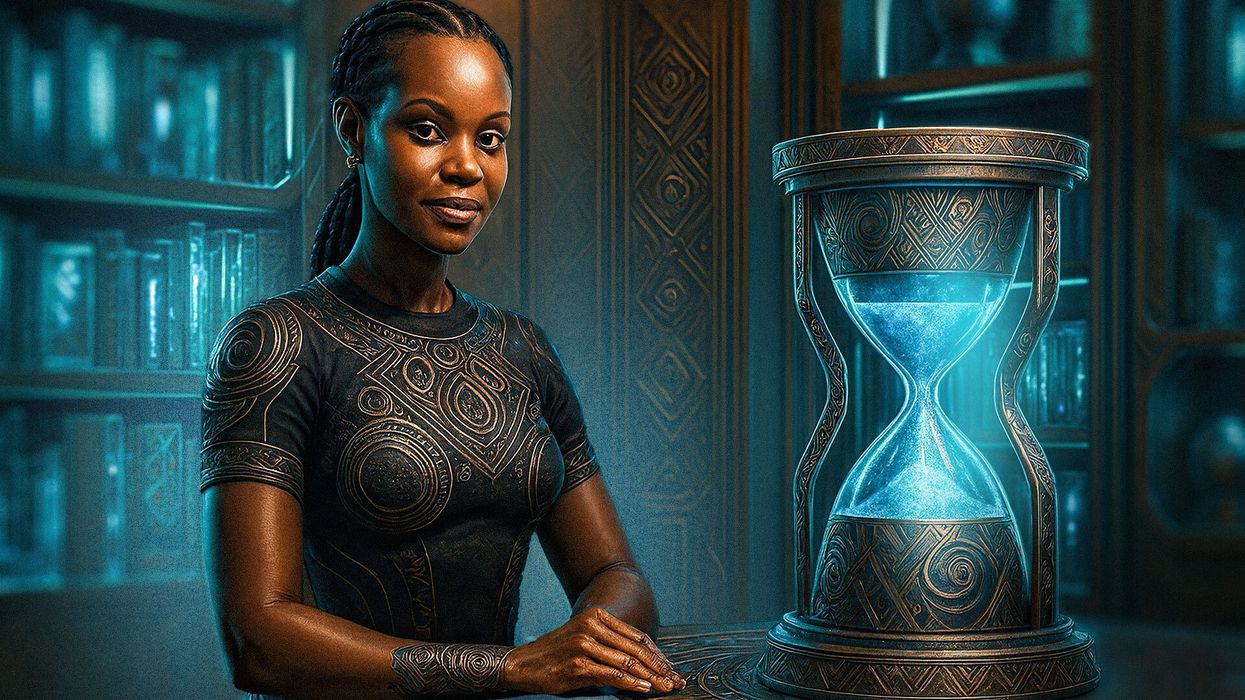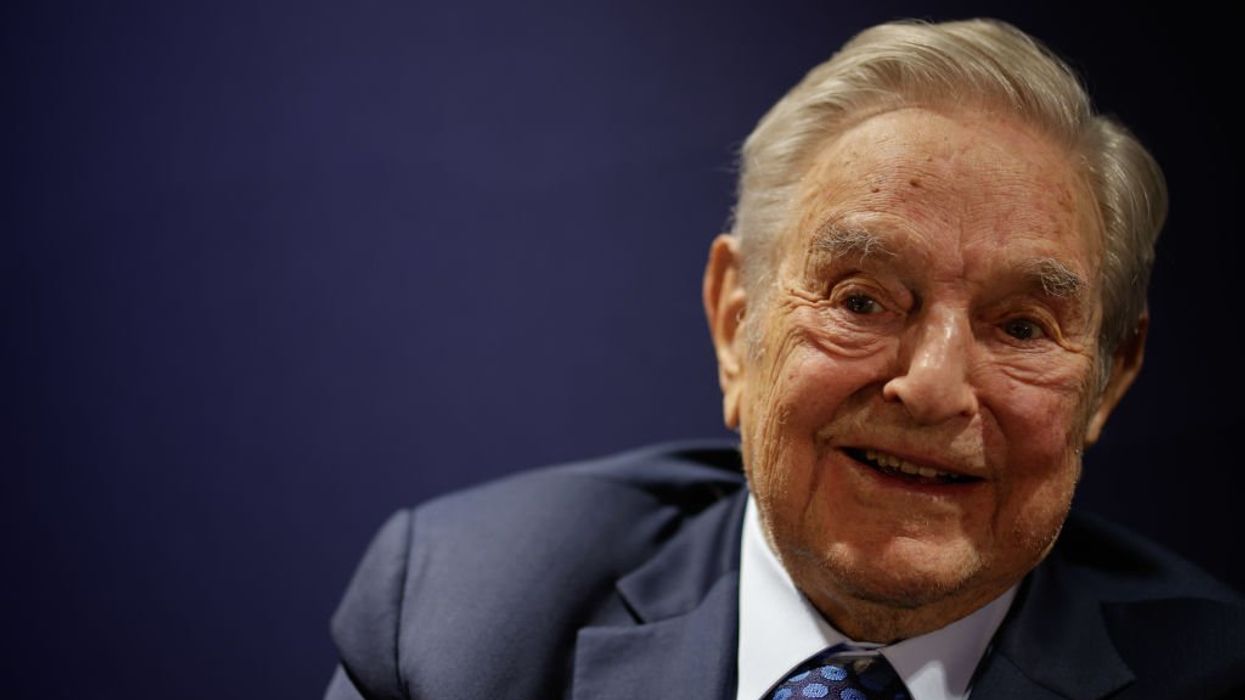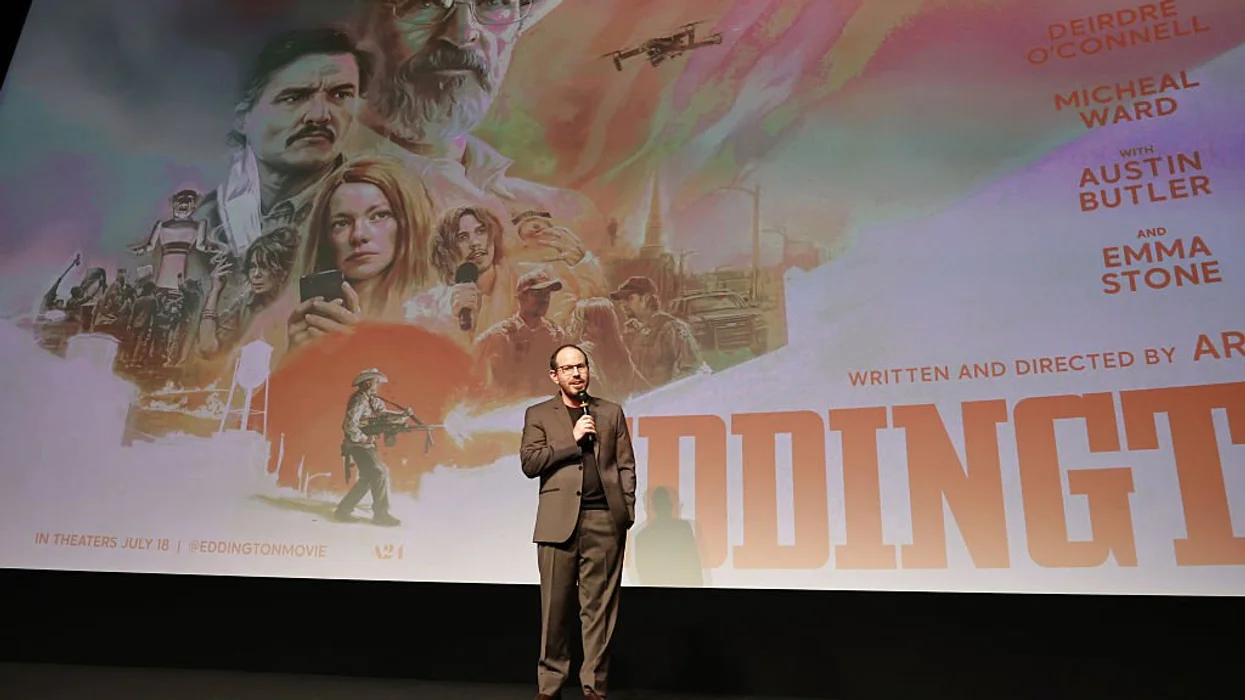DENVER (AP) — The bodies of two young Americans who died fighting the Islamic State group in Syria were returned to their sobbing families early Friday in simple, gray caskets that were pulled from an Amtrak train in Denver as throngs of sleepy passengers watched.
Relatives of Levi Shirley, 24, and Jordan MacTaggart, 22, huddled together against the morning chill as U.S. Rep. Ed Perlmutter presented them with folded flags — a sign of respect for the men who never joined the U.S. military but felt a need to serve.
The unceremonious homecoming at Union Station marked the end of a long and complicated journey for the men, who died separately in combat this summer after joining the People's Protection Units, the main Kurdish guerrilla group battling the Islamic State in Syria.
"We waited for this day for nine weeks," Shirley's father, Russell Shirley, told reporters gathered on the station platform. "But the last thing I wanted to see was my son carried off that train."
 Robert MacTaggart fights back tears as he hugs his wife, Melissa, as they watch as the caskets bearing the bodies of two men from Colorado, including their son Jordan, who never joined the U.S. military but died fighting the Islamic State group in Syria, arrived at Union Station early Friday in Denver. (AP/David Zalubowski)
Robert MacTaggart fights back tears as he hugs his wife, Melissa, as they watch as the caskets bearing the bodies of two men from Colorado, including their son Jordan, who never joined the U.S. military but died fighting the Islamic State group in Syria, arrived at Union Station early Friday in Denver. (AP/David Zalubowski)
The body of William Savage, 27, another American fighter slain in Syria, was returned to the U.S. and was being transported to Raleigh, North Carolina, where his father, Reginald Savage, lives.
The elder Savage said he expected his son's remains would be cremated in time for a Saturday memorial in St. Mary's City, Maryland, his hometown. He planned to drive there overnight.
The State Department said it worked to help return the remains of the men to their families. But Turkey's tense relationship with the Kurds and the U.S. since July's failed coup stalled the efforts.
The remains of Keith Broomfield of Massachusetts, believed to be the first American to die alongside Kurds fighting Islamic State, were returned to the U.S. through Turkey last year.
 Katie Shirley of Arvada, Colo., joins her father, Russ, back, of Rapid City, S.D., in touching the casket bearing their brother and son, 24-year-old Levi Shirley. (AP/David Zalubowski)
Katie Shirley of Arvada, Colo., joins her father, Russ, back, of Rapid City, S.D., in touching the casket bearing their brother and son, 24-year-old Levi Shirley. (AP/David Zalubowski)
But officials determined it would be too dangerous to repatriate the bodies of Shirley, MacTaggart and Savage through Turkey and instead shipped them hundreds of miles east to Iraq. The bodies were then flown to Amman, Jordan, and on to Chicago's O'Hare International Airport in a process that took weeks.
Susan Shirley said her friends had contacted Perlmutter to help navigate the bewildering terrain. He enlisted aid from people at the White House.
"These were good young men who for one reason or another didn't qualify for our military but felt the need to serve in another way," Perlmutter said.
As he handed MacTaggart's parents a folded flag, he told them quietly, "He was trying to do something more for all of us in his fight against ISIS."
Shirley, of Arvada, Colorado, was killed by a land mine on July 14. MacTaggart, of Castle Rock, Colorado, died Aug. 3 while fighting in a squad that included two Americans and a Swede in Manbij, Syria.
Savage also died in Manbij on Aug. 10 while rescuing civilians from a building that was being bombed, his father said.
"Thinking of William and what he made himself into is an incredible source of joy for me," Reginald Savage said. His son was "torn into pieces" by the plight of the Kurds, which drew him overseas, he said.
Dozens of other Westerners are now fighting with the Kurds, spurred by social media campaigners and a sense of duty rooted in the U.S.-led military intervention in Iraq. The U.S. discourages but so far hasn't banned Americans from fighting with militias against terrorist organizations such as the Islamic State group.
On the train platform in Denver, workers loaded the plain, wooden boxes from a baggage cart into hearses. Russell Shirley, a Vietnam veteran, gave his son a final salute.
Unlike fallen members of the armed forces, the young men had no military escorts to accompany their caskets and no 21-gun salute.
Still, the family members said they appreciated the quiet homecoming.
"He had no interest in ceremony," Robert MacTaggart said of his son. "Any of this would have been a shock to him."
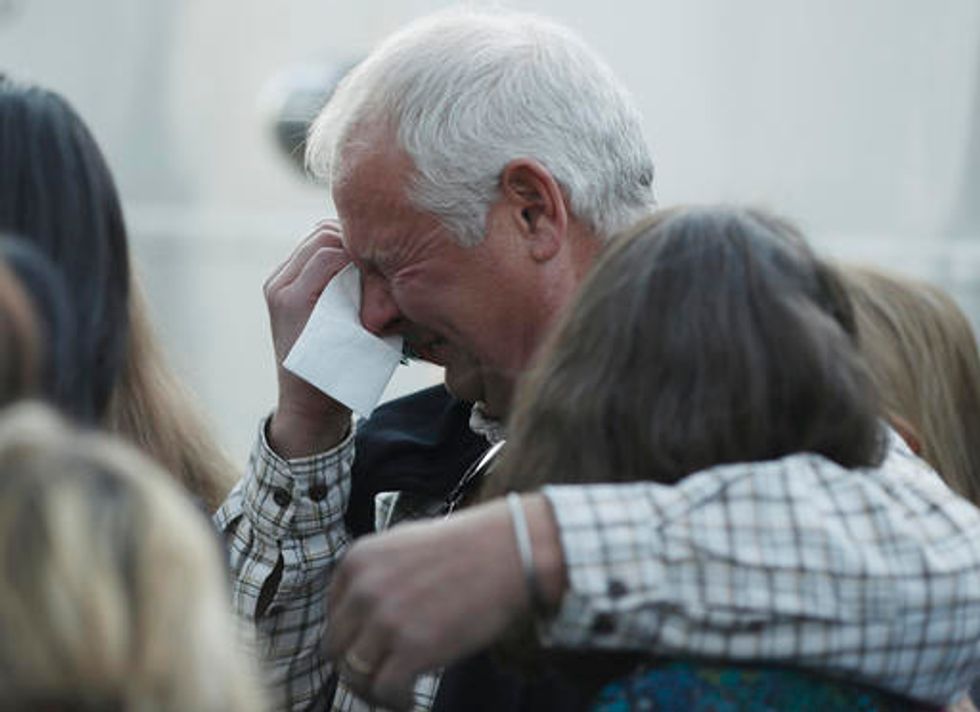
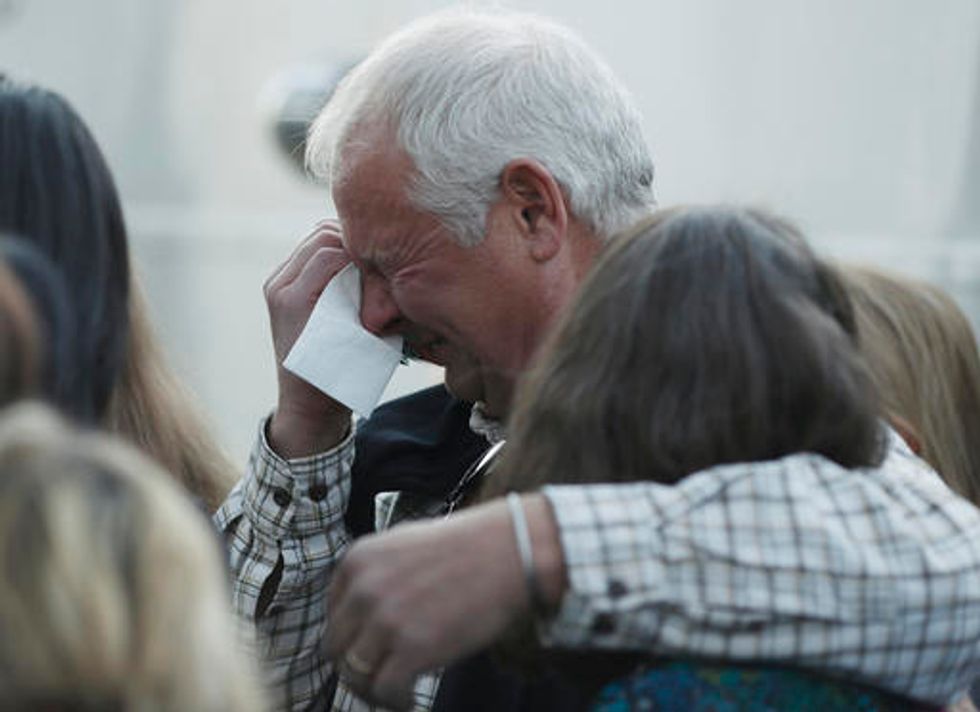 Robert MacTaggart fights back tears as he hugs his wife, Melissa, as they watch as the caskets bearing the bodies of two men from Colorado, including their son Jordan, who never joined the U.S. military but died fighting the Islamic State group in Syria, arrived at Union Station early Friday in Denver. (AP/David Zalubowski)
Robert MacTaggart fights back tears as he hugs his wife, Melissa, as they watch as the caskets bearing the bodies of two men from Colorado, including their son Jordan, who never joined the U.S. military but died fighting the Islamic State group in Syria, arrived at Union Station early Friday in Denver. (AP/David Zalubowski)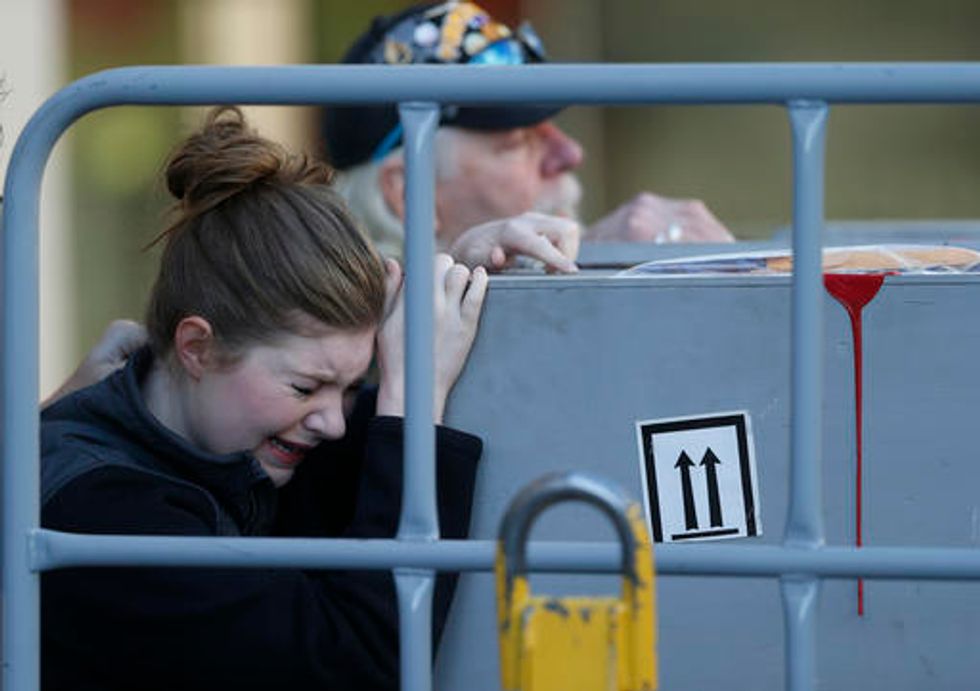 Katie Shirley of Arvada, Colo., joins her father, Russ, back, of Rapid City, S.D., in touching the casket bearing their brother and son, 24-year-old Levi Shirley. (AP/David Zalubowski)
Katie Shirley of Arvada, Colo., joins her father, Russ, back, of Rapid City, S.D., in touching the casket bearing their brother and son, 24-year-old Levi Shirley. (AP/David Zalubowski)
